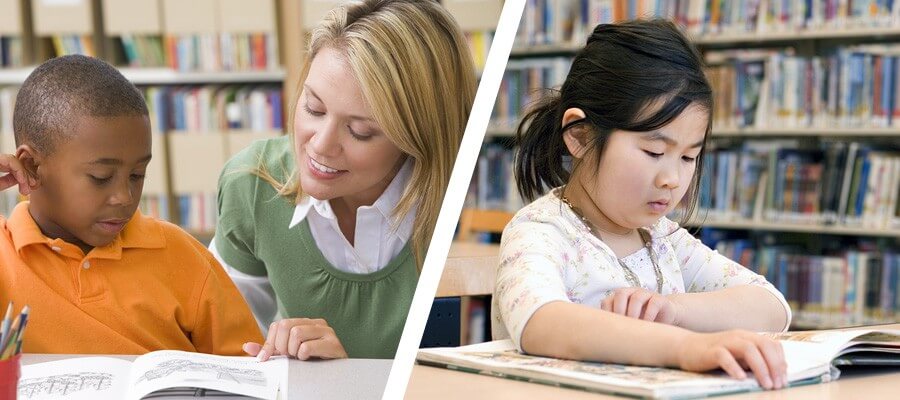Do we force them, or do we give them the choice?

In my last post I referred to our unspoken motto: We make kids talk. Although this motto was on my old business cards, we have moved away from stating this mission publicly. The reason? Because there is the connotation that we are obliging or forcing children to do something that they would perhaps prefer not to do.
In the same issue of the NZ Herald newspaper that I referred to last time, there was a second article titled “Schools under the microscope”. The article presented some of the findings of American education expert, Benjamin Riley. I was particularly interested in his comments on “personalised learning”, the concept of giving children greater control over their learning environment. According to Wikipedia, “it affords the learner a degree of choice about what is learned, when it is learned and how it is learned.”
Riley is of the opinion that “such (personalised) learning isn't supported by what science tells us about how people acquire knowledge.” He holds to scientific findings that suggest that the brain is geared towards thought avoidance. This would explain why a child would prefer to watch television rather than read a book.
Consequently, Riley is dubious about the validity of handing the control of learning to the child. “They probably need to be pushed, which means we should approach claims about learners self-regulating the pace of their learning with extreme caution."
At the other extreme from the personalised learning philosophy is the point of view that Amy Chua, author of Battle Hymn of the Tiger Mother refers to when talking about her own upbringing: “As parents, they demanded total respect and were very tough with my three younger sisters and me. We got in trouble for A minuses, had to drill math and piano every day, no sleepovers, no boyfriends. But the strategy worked with me.”
So what has our motto got to do with the dichotomy of personalized learning on the one hand and forced learning on the other? At ‘Sam and Mel’, we do not force children to talk. No video can do that. Nevertheless, we present lessons that we hope will make children want to talk.
After that, it is up to parents and school teachers to decide which pedagogy they will select. However, our advice to them is taken from an ancient proverb: “Train a child in the way he should go, and when he is old he will not depart from it.” A more modern English proverb says, “All work and no play makes Jack a dull boy.” These proverbs suggest that children need to be directed by adults but that study time should be punctuated with a good dose of fun.
